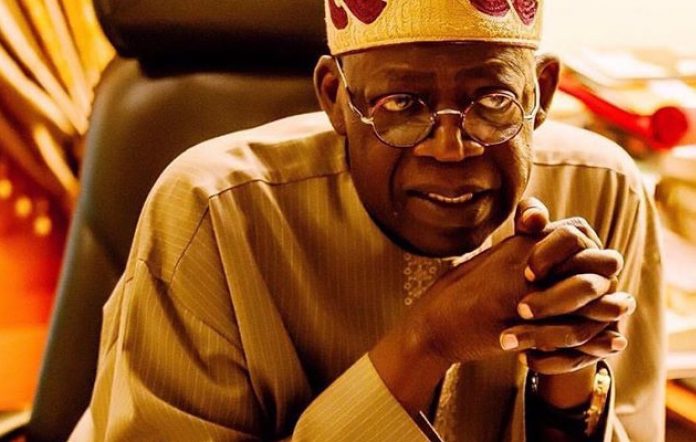President Bola Tinubu has resolved to implement the Stephen Oronsaye report that called for a leaner government by merging some agencies and scrapping some others.
The president’s decision was announced by a presidential spokesperson, Bayo Onanuga, in a post on X.
“Twelve years after the Steve Oronsaye panel submitted its report on restructuring and rationalizing Federal government parastatals and agencies and a white paper issued two years after, President Tinubu and the Federal Executive Council today decided to implement the report,” Mr Onanuga wrote.
“Many agencies will be scrapped and many others will be merged, to pave the way to a leaner government,” he said.
Also, briefing State House correspondents after Monday’s meeting of the Federal Executive Council (FEC), the Minister of Information and National Orientation, Mohammed Idris, said some Ministries, Departments and Agencies (MDAs) would be scrapped, merged or subsumed into relevant organisations of government.
He said the aim was only to cut costs and not to throw Nigerians into the labour market.
Mr Idris said the details of the affected MDAs would be made known soon, adding that a committee had been set up for the implementation of the report.
Background
In 2011, former President Goodluck Jonathan set up the presidential committee on the reformation of government agencies chaired by Steven Oronsaye, a former Head of Service of the Federation.
Its terms of reference included, among others, examining the enabling Acts and mandates of all the federal agencies, parastatals, and commissions to determine areas of overlap or duplication of functions.
The committee, in its report, recommended that of the 541 Statutory and Non-Statutory Federal Government Parastatals, Agencies and Commissions, 263 statutory agencies should be reduced to 161, 38 agencies should be abolished, 52 agencies should be merged, and 14 should revert to departments in ministries.
A white paper committee, headed by the then Attorney-General of the Federation and Minister of Justice, Mohammed Adoke, reviewed the report and rejected most of the recommendations of the committee when it submitted its report in 2014.
However, even the accepted recommendations were not implemented until the Jonathan administration left office in 2015.
In 2021, the administration of President Muhammadu Buhari inaugurated two committees to implement the report. One of the committees, headed by a former Head of Service, Bukar Aji, was mandated to review the Oronsaye Report and the government white paper. The other committee, chaired by Amal Pepple, was mandated to review MDAs created between 2014 and 2021.
The then Secretary to the Government of the Federation, Boss Mustapha, in July 2022, set up another white paper committee, headed by Ebele Okeke, to review the report of the Pepple committee. However, the Buhari administration failed to implement the report.
While the discourse on the implementation of the report was ongoing, the National Assembly and successive governments have been creating agencies and institutions, therefore, increasing the cost of governance in the process.
The consequence of the bloated government has been the steady increase in the recurrent expenditure of the federal government.
Critics have also accused Mr Tinubu of not willing to reform the civil service. Many refer to the appointment of 50 ministers by Mr Tinubu to buttress the point.
Aside from the appointments, Mr Tinubu also embarked on some frivolous budgetary expenses, most notably the allocation of N344 billion to the National Assembly in the 2024 budget and spending billions on the renovation of his official residence and that of his deputy.
Former Vice President Atiku Abubakar, in a statement he posted on X on Sunday, slammed President Tinubu for failing to reduce the size of government, as done by Argentine President Javier Milei.
“He (Milei) started off cutting government expenditure by reducing the size of government and wastage; blocked stealing of government funds, and attracted Foreign Direct Investment (FDI) through concessions, tax holidays, and improved ease of doing business,” Atiku said.
Expected opposition
Meanwhile, organised labour groups are expected to kick against the latest move by President Tinubu because the policy may lead to the loss of jobs.
Workers in Nigeria are already grappling with the cost of living crisis due to some of the policies of the current administration, notably the fuel subsidy removal and foreign exchange unification policy.
The two main unions in Nigeria, the Nigeria Labour Congress (NLC) and Trade Union Congress (TUC), are set to embark on nationwide protests against economic hardship.






